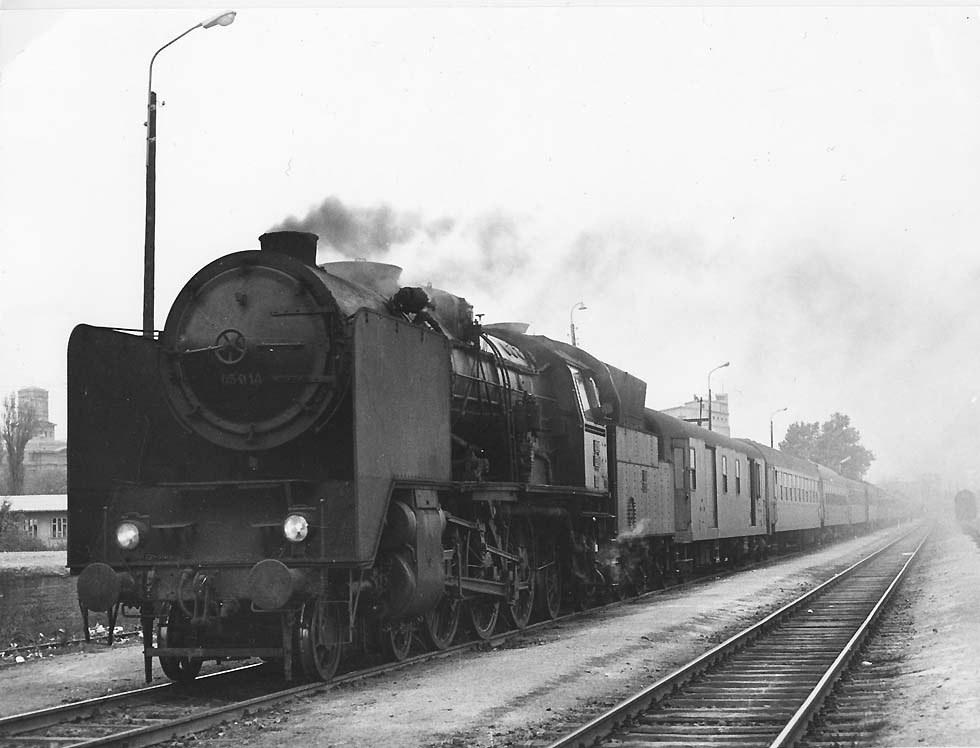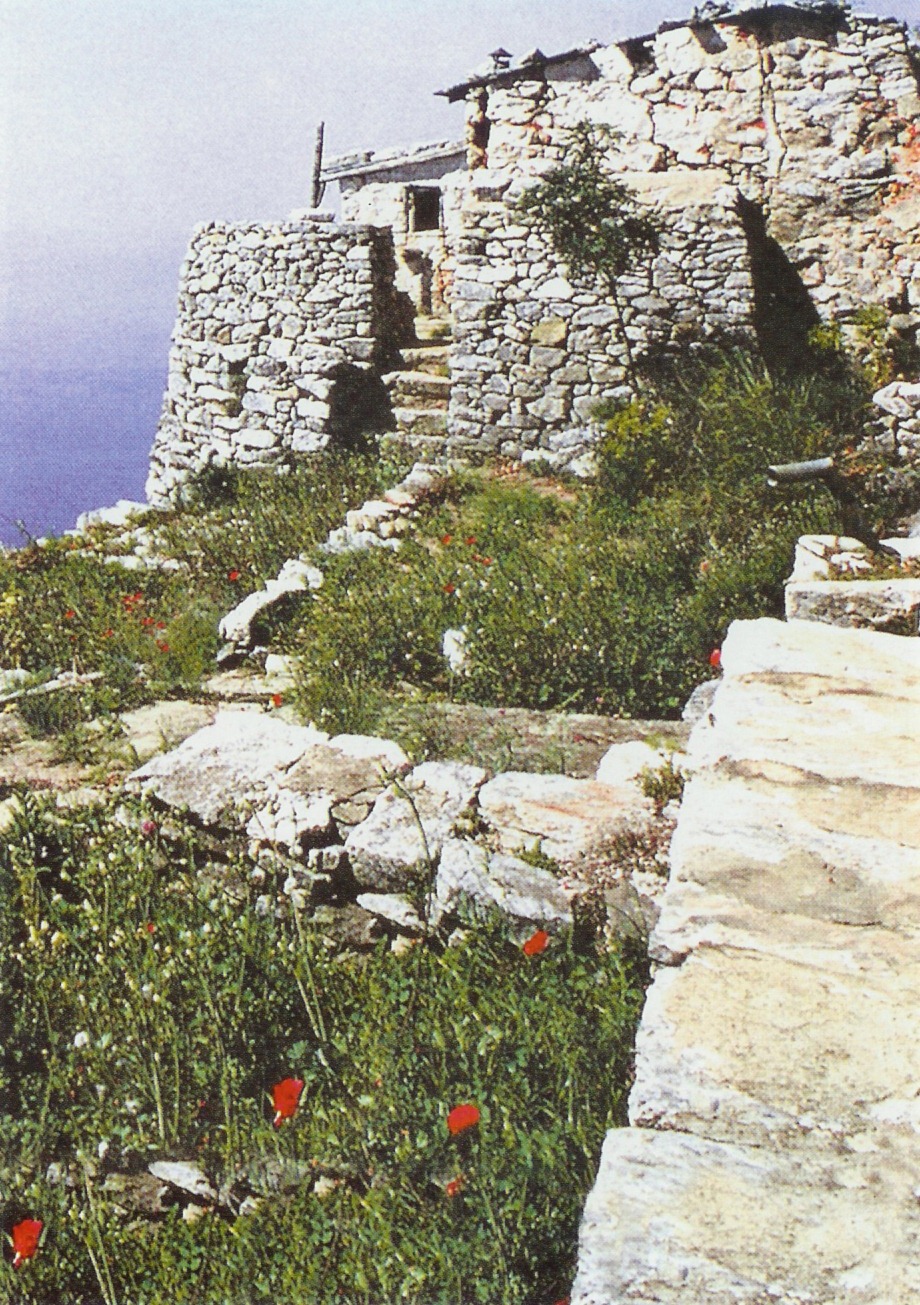 |
| Fruit Market in Yalova |
These are a few photos of Yalova taken around 1970 by a friend of mine named Richard Frazier. He was the photographer among my group of American friends in Turkey.
As in most places, The military personnel stationed there tended to fall into different social groups.
 |
| Yalova Ferry Dock with Truck loading on Ferry |
In Turkey, there were four major groups of people stationed at the base. The first type were the people that were stationed at the base and never left it. For some reason they were afraid to mix with the people from the town and limited themselves to the small three square miles of the base, afraid to try anything new. They basically did their jobs and nothing else but keeping track of how much time they had left in "this horrible country" and complained about any little thing they could think of.
The second type, for lack of a better description would have to be called "safe ones". They did get off the base and see parts of the country they were stationed in, but were always "safe", taking command sponsored trips on buses with English speaking tour guides to see the sites.
 |
| Same Ferry Dock With Incoming Passenger Ferry |
The third group consisted of people that were much more open to learning some of the local culture. They would go to town, shop at the local market, possibly catch the ferry to Istanbul, go horseback riding across from the base, or take a trip to the beaches, but always with fellow Americans so they would not have to mix with the locals.
I was a member of the fourth group. They were the people that lived in or mixed with the local community and embraced most aspects of the culture. We were welcomed by our neighbors and became part of the community. We shared life with the neighbors.`
One woman I knew went to the local beauty parlor with her infant only to find out that he was speaking to the local women at the shop with Turkish baby talk before English.
 |
| Corner Store Across from Our Apartment |
When it was noticed that all the young girls were playing together in one neighborhood, the American wives would be invited to a neighbors home for tea. That included the girls who got to act like the grownups having a tea party with their mothers. They were needed to translate between their parents. Children learned languages faster and more readily playing together than their parents did. To play together you had to communicate and the children could communicate!

I was friends with an American family who lived in a second story (third floor) apartment. Their son was an energetic four year old who was liked by the neighborhood. One day he fell off the balcony into the street. He somehow was unharmed but his mother tripped running down the interior stairs to get him and was quite visibly bruised. None of the local men would speak or acknowledge her husband until his wife and son were invited for tea. The women and children questioned her and her son. The son did a lot of translating for his mom. After a while, the women got up and called their husbands and elder sons in and talked with them. According to the wife, they all came in with grim faces and left with smiles of relief. They asked their wives to find out if my friend actually did trip and for assurance that her husband was not beating her. Imagine your life being in the hands of a four year old learning a new language. The boy's father was very happy to be, once again a welcome part of the neighborhood.
 |
| Owner's Son Tending the Store |
I was friends with a Turkish family in Yalova. They owned a house near the main boulevard next to the beach. The family was a household of two grown single women living with their widowed mother named Fahriye Yakali. They also had two sisters that were married and had children. Dinner was always fun. Usually about six or eight adults. No mater what he meal, we always had fresh fruit, and a community salad of whatever vegetables were fresh, including fresh herbs and lemon. Most meals were community style with special plates and bowls for the children. We were always talking about many different topics, usually in English for my benefit with one exception, Fahriye annem (my dearest mother), Fahriye Yakali. As I grew up in my home town I learned to talk with my hands. She talked with her hands. Most times we seemed to understand each other better without the help of the others. She was a wonderful woman that I loved. She introduced me to her friends, had a great sense of humor, and had a family that was fun to be around. Her family invited me to dinner many times because, according to her family, if Fahriye knew I was coming for dinner, she would fix a special dish for me to try. Did I say that even then, the way to my heart was through my stomach!

After dinner it was the local custom for the families to walk along the street and exchange greetings with each other. The children would walk in the front or alongside the women and the men would follow to protect the family. We Americans were taught that the Turks were a patriarchal society, not in that household! Before we went out for our evening stroll, we men had to get the okay from Fahriye about what we would do that evening .i.e. stop for coffee or possibly a quick game of Parcheesi or dominoes at the mens coffeehouse. She would never embarrass the men in public. If she had said yes at home, and the men invited us, we could enter the coffeehouse anytime during the walk. If she had said no earlier, we would find an excuse to say not tonight or maybe later, one of the kids were ill, or it was going to be an early morning. I do not know where this little woman's power came from but she had it. She was, to my knowledge, a community leader among the elder women in the neighborhood and by proxy, maybe the town.
I am retired and have no deadlines other than those self imposed and some of my grand children are visiting for a few days. As a result there will be no more posts until after Christmas, Yılbaşı and Kwanza. Whichever you celebrate, have a joyous holiday and see you in January!














